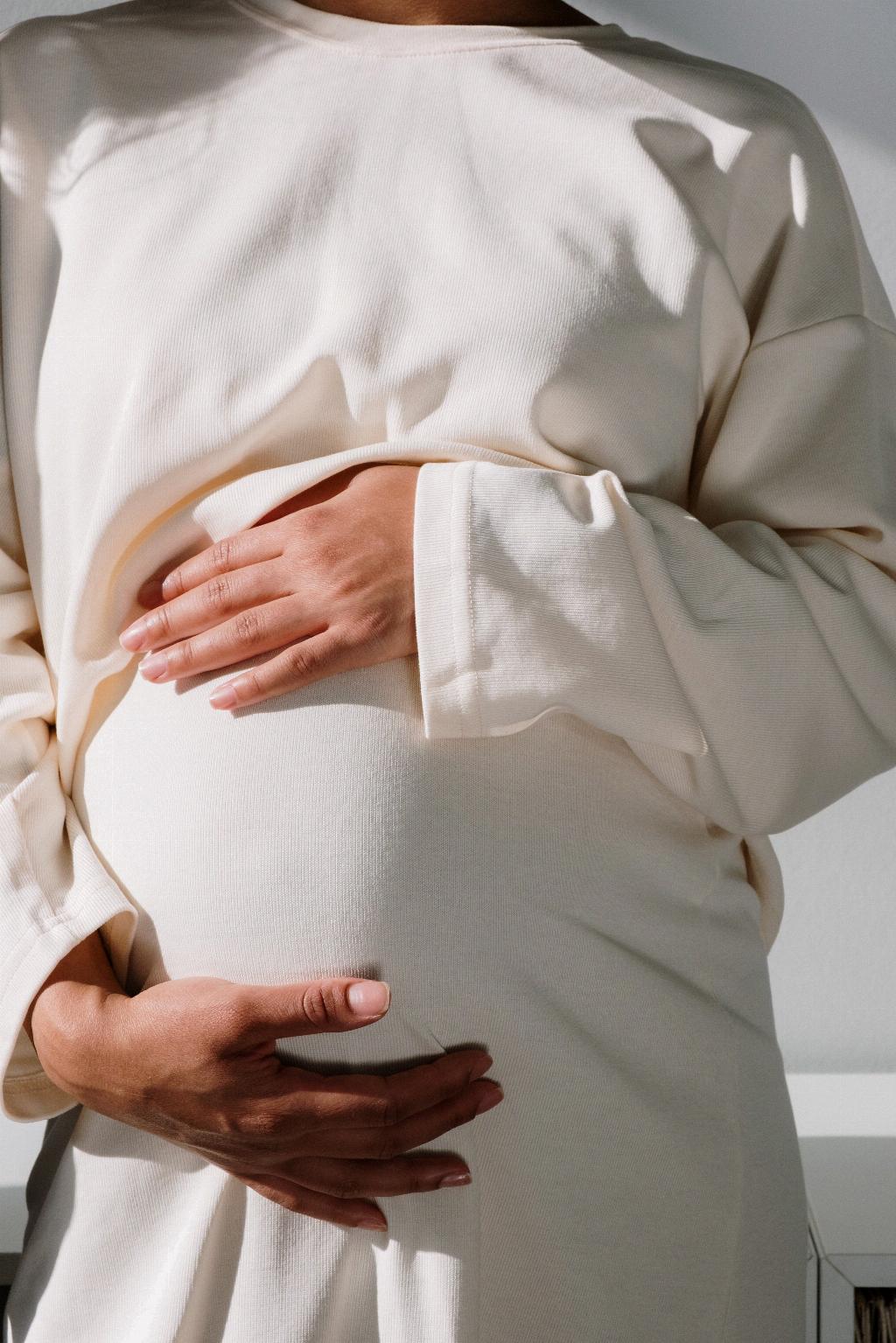PROM, which stands for Preterm Premature Rupture of Membranes, is a condition that occurs when the amniotic sac surrounding the baby in the womb breaks before the 37th week of pregnancy. This can lead to various risks and complications for both the mother and the baby.
The Potential Risks of PROM
One of the major risks associated with PROM is the increased likelihood of preterm birth. When the amniotic sac ruptures prematurely, the baby is at a higher risk of being born well before full term, which can lead to complications related to prematurity.
Another significant risk of PROM is the potential for infection. When the protective barrier of the amniotic sac is compromised, there is a higher risk of bacteria entering the uterus and causing infections such as chorioamnionitis, which can have serious implications for both the mother and the baby.
The Impact on Baby’s Health
For the baby, the risks associated with PROM include an increased likelihood of respiratory distress syndrome, due to the lungs not being fully developed, as well as an elevated risk of developmental delays and other health issues.
Challenges for the Mother
Mothers experiencing PROM may face challenges such as a higher risk of postpartum hemorrhage, due to the premature rupture of membranes, as well as emotional stress and anxiety related to the uncertainty and potential complications that can arise.
Management and Monitoring
Management of PROM often involves close monitoring of the mother and baby, as well as potential interventions such as administration of steroids to help accelerate lung development in the baby in case of preterm birth.
Doctors may also prescribe antibiotics to reduce the risk of infection, and in some cases, hospitalization may be necessary to ensure the well-being of both the mother and the baby.
Conclusion
In conclusion, PROM is indeed considered a high-risk pregnancy due to the potential complications and challenges it presents for both the mother and the baby. It is essential for women experiencing PROM to seek timely and comprehensive medical care to minimize the risks and ensure the best possible outcome for themselves and their baby.

